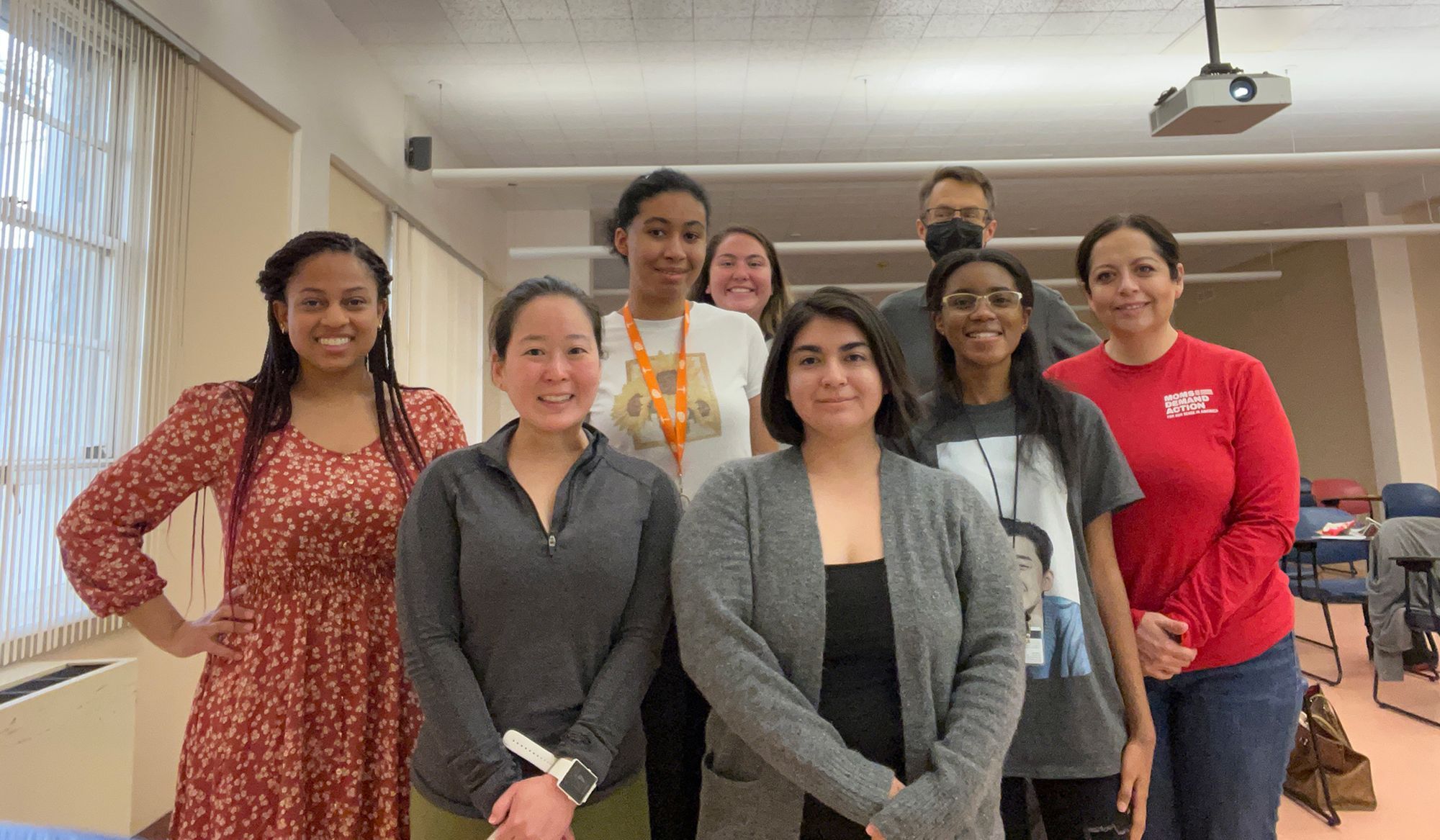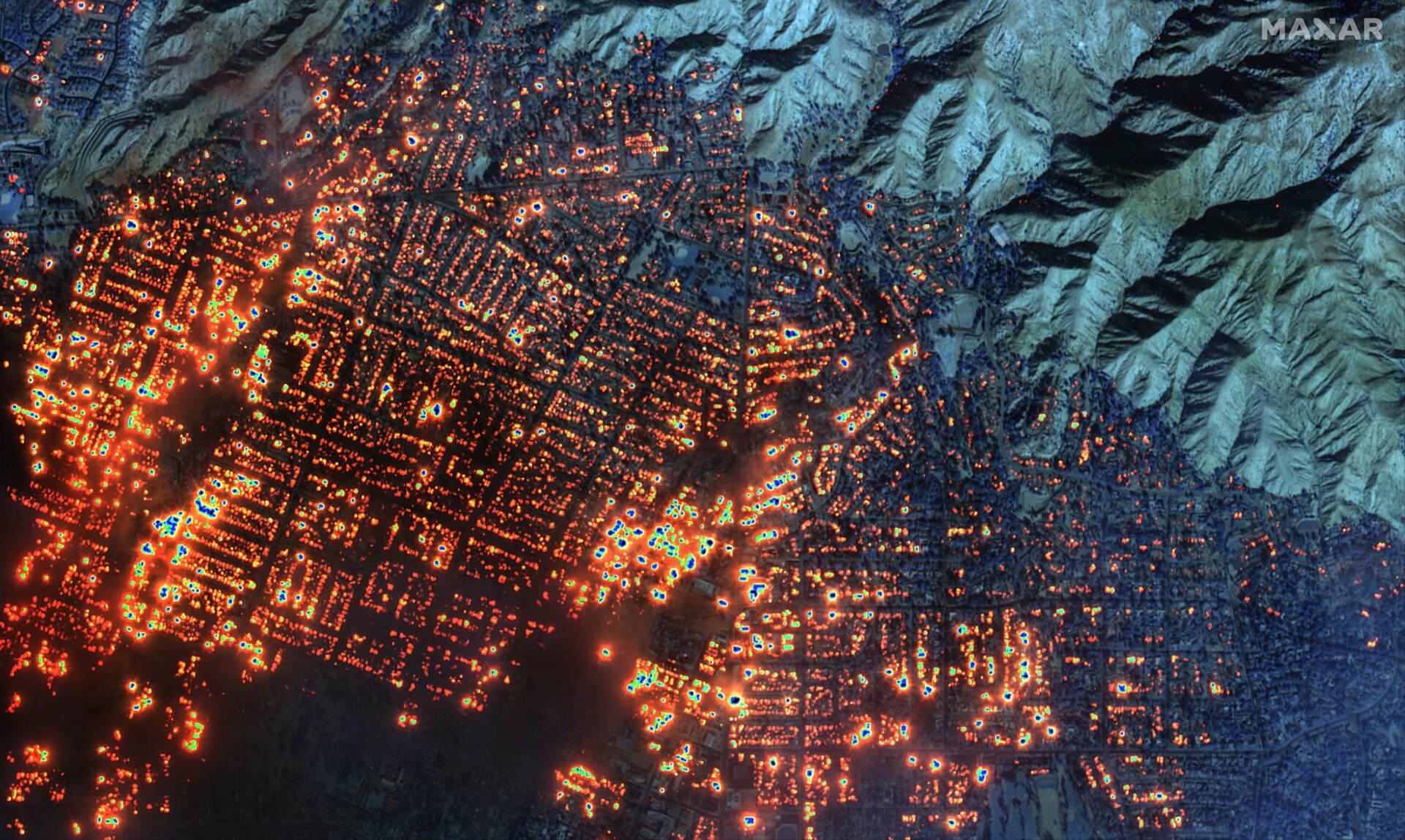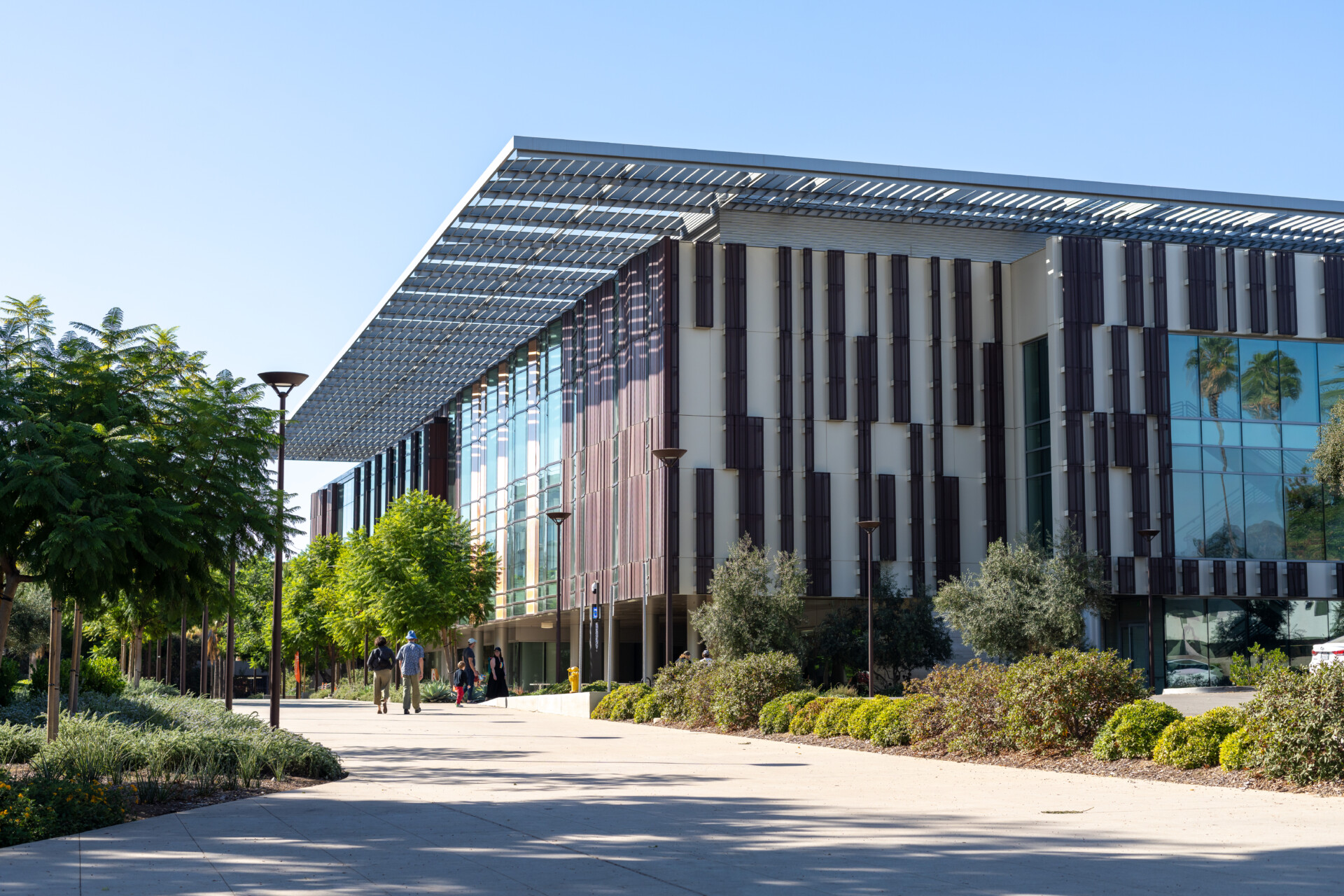Write Your Health
by Pauline Ku

There’s an introspection that occurs when you write and discover things about your past that start to combine into a complex tapestry of trauma, pain, but also humor and light. This is not what I set out to do initially when I began the MFA in Bilingual Creative Writing at UTEP, but it’s something that has emerged through my first two years in the program. I have more insight into my thought process, and the memories that are welling up don’t plague me as much.
I have been living with paranoid schizophrenia for 14 years and I believe the hallucinations and delusions are a remnant of an abusive childhood. But the time of paralysis is gone. The time for action is now. I’ve gone through all the stages the National Alliance on Mental Illness (NAMI) El Paso talked about in the Family-to-Family class I took from January to March 2022. I’ve been in mental illness crisis, I’ve coped, and now I want to be an advocate.
I had been working as a social media specialist and search engine optimization writer for Pistn LLC since November 2013, never making more than 12,000 dollars a year and I’d been paying my way through school. The Chang Prize allowed me not only financial security, but the freedom to branch out into mental health advocacy, speech, and teaching.
I’d been a member of NAMI on Campus since 2019, but the organization went defunct in Spring 2022 because the last President graduated in December 2021. Having been an officer and new Chang Prize winner, I reached out and saw an opportunity. Given the pandemic and my inexperience, I found that partnering with NAMI on Campus and NAMI El Paso presented the best opportunity for teaching writing workshops geared towards mental illness.
I used my MFA experience to give a reading of Claudia Rankine’s Citizen: An American Lyric and a workshop that tapped into students’ individual experiences with microaggressions. I also read from my poetry book, Prompted Poetry, during this NAMI meeting. We met every two weeks initially on Zoom. ThoughI’ve found, after hosting a YouTube watch party geared towards behavioral activation, a psychological technique that lets people forget about their problems through enjoyable activities — people wanted to meet in person and allowed a sense of community impossible on a platform like Zoom.
We had a guest speaker on stigma of both mental illness and illnesses like HIV. My goal as President was to engage the members more, and I was able to recruit and even pay a couple of members to become officers of NAMI on Campus. We applied for a grant for the summer but haven’t heard back from it yet. The meetings were more casual and interactive than simple PowerPoint presentations and the last on campus meeting was about emotional support animals with a surprise appearance of NAMI El Paso’s mascot, a cute service dog named Patty.
Throughout the semester, I tried to provide examples of creative writing that focused on mental illness, and feasible and universal writing prompts that helped students create a piece they could reflect upon and share with the group later. I bought journals and books at a local bookshop to distribute to members on the day after the last day of classes.
I had no experience leading meetings and teaching writing workshops at first, but Charlyne Hill, my friend and Secretary of NAMI told me I became a better public speaker as time went on. I proposed giving a talk at the 21st Century Southwest Leadership Conference for UTEP students and with the help of my fiancé and now husband Dr. Jorge Muñoz (Caltech PhD in Materials Science ’13), my proposal was accepted. This was my first conference talk, and it was scheduled for 9:30AM on Saturday, April 23rd.
Given the early time and the fact that nine other talks were scheduled at the same time, there weren’t many people in the audience. However, I was able to find three brave volunteers to help me read the first scene of my screenplay Yoga Po, which was the reason I had decided to become a writer. Yoga Po’s pitch is “A young schizophrenic woman fights her hallucinations and delusions to finally find sanity and the love of her life.” I gave an overview of my life before and after schizophrenia, warning signs, symptoms, and resources available to UTEP students.
A young woman came up to me afterwards and apologized for not asking during the Q&A portion, saying three of her family members had untreated schizophrenia. While relaying her story, she began to cry. I asked if I could give her a hug. We hugged and I tried to reassure her that some schizophrenics actually enjoy hallucinations, but advised her when it was necessary to intervene; when their behavior would change. Although rare, I know one friend who has successfully discontinued medication and is schizoaffective. Still, medication has been a lifesaver for me, and I recommend it to everyone I meet, but I didn’t push the issue besides mentioning month-long injectables as this young woman might have struggled to cope with medicating and hospitalizing her mom, sister, and grandfather throughout her life.
This was my first public talk about my schizophrenia and writing, and understandably I was incredibly nervous about coming out of the closet of mental illness. But I think that it proved that these talks are not only valuable, but also necessary to fight the real stigma of severe mental illness. I can serve as a positive role model, and I want to thank both Dr. Milton and Rosalind Chang and the Caltech Alumni Association for giving me the confidence and support to finally get up on the proverbial soapbox and contribute to the UTEP and El Paso community on mental health and writing.
Related Articles
-

Support the Caltech and JPL Disaster Relief Fund
Support the Caltech and JPL communities impacted by Southern California's devastating fires.
-

Resources and Response for the Caltech Community from President Thomas F. Rosenbaum
A message on resources and response for the Caltech community from Thomas F. Rosenbaum, Sonja and William Davidow Presidential Chair and Professor ...
-

A Message to the Caltech Community from President Thomas F. Rosenbaum
President Rosenbaum addresses the impact of the Eaton, Palisades, and Hurst fires on our community and shares resources to support those affected.